Contract works insurance
What is contract works insurance?
When you’re working on a construction site, plenty of things can go wrong. Damage or loss to a building could cost you time, money and even your reputation. Meanwhile, an onsite injury can result in considerable pain, stress and financial loss.
That’s why having the right amount and type of contract works insurance is an important part of your business toolkit, allowing you to get on with the job with less stress and worry.
Who should consider it?
Contract works insurance is recommended for small, medium and large commercial, industrial and domestic builders, sub-contractors and owner-builders.
Most owner builders take out contract works insurance for a specific contract, while professional builders generally choose an annual policy that covers multiple contracts.
Did you know?
“There have been significant reductions in the numbers and rates of injuries and fatalities in this industry over the last ten years or more. Nevertheless, the construction industry remains a high-risk industry.”
Safe Work Australia, 2015

The construction industry had the fourth highest rate of serious claims
in 2012-13.
(Safe Work Australia, Construction Industry Profile, 2015)
1%
According to the NSW Police, theft from housing construction sites accounts for 1% of the cost of a new home.
(NSW Police Force, Preventing Building Site Theft, 2018)
$25M
WA building industry’s anti-crime group, Busted, states that each year, building site theft costs the sector almost $25 million.
(ABC, ‘Regional residents urge to keep watch for building site theft’, 2014)
What can it cover?
Contract works insurance can cover the building, which is under construction, whether it’s a kit home, straw bale or mud brick home, multistory apartment or commercial buildings. It can also cover the equipment used in construction, as well as public liability risk.
Depending on your policy, contract works insurance can cover you against:
| Type of cover | Potential benefits |
| Property damage | Physical loss or destruction of tangible property, plant and equipment as well as removal of debris. |
| Public liability | Sub-contractor liability, products liability and cross liability. |
| Product liability (only available from some insurers) | Third party personal injury or property damage resulting from an occurrence caused by your products after they cease to be in your possession or control. |
| Legal expenses/defence costs | Legal costs and expenses you are legally liable to pay following legal proceedings brought by or against you. |
| Existing structures (optional cover) | Sudden and accidental physical damage to existing structures caused by natural events and the actions of the builder or contractor. |
Types of Contract Works Insurance
| Turnover (Transfer) cover | This ensures all projects being, or planned to be, worked on during the policy period. You are insured for any incident that occurs during the policy period. If the project is not completed prior to Practical Completion Date at the expiry of the policy, the insurance ceases, unless the policy is then renewed with a Turnover (Transfer) policy. In terms of the Defects period, if the project is not completed prior to the expiry date of the policy, the Defects insurance period is not provided. |
| Run-off (Contract commencing) cover | This ensures all projects that meet the limit and type of projects advised to insurer, that begin construction during the policy period, right up until the construction and its defects liability period is completed. There can easily be a gap in coverage if you change from a Turnover policy to a Run-Off Contract Commencing policy if a policy is changed at renewals. A thorough review of your policy type should be undertaken, if the insurer is being changed at renewal in order to ensure there are no construction projects uninsured inadvertently. |
What usually isn’t covered?
Exclusions, the excess you need to pay and limits of liability can vary greatly depending on your insurer. Policies generally won’t include cover for:
- Loss after work has ceased for more than the number of days specified in the policy.
- Consequential loss.
- Cost of rectifying or correcting defective workmanship.
- Work underground or in water unless specifically agreed by the insurer.
CASE STUDY
After working for other construction company owners all his working life, Craig starts his own small earthmoving firm. In the first couple of years, he borrows money and invests much of his income back into the business, buying the latest equipment and a work vehicle.
After starting work on a new construction at a new site, he leaves his tools and equipment locked in a garage on the site overnight. But that night, thieves break into the garage and steal Craig’s tools, worth $25,000.
Craig contacts his insurance broker who helps him put in a claim. He’s quickly reimbursed for his loss, so he isn’t out of pocket and can keep his business running.
Important note – this information is provided to assist you in understanding the terms, implications and common considerations in contracts work insurance. It does not constitute advice, and is not complete, so please discuss the full details with us.




